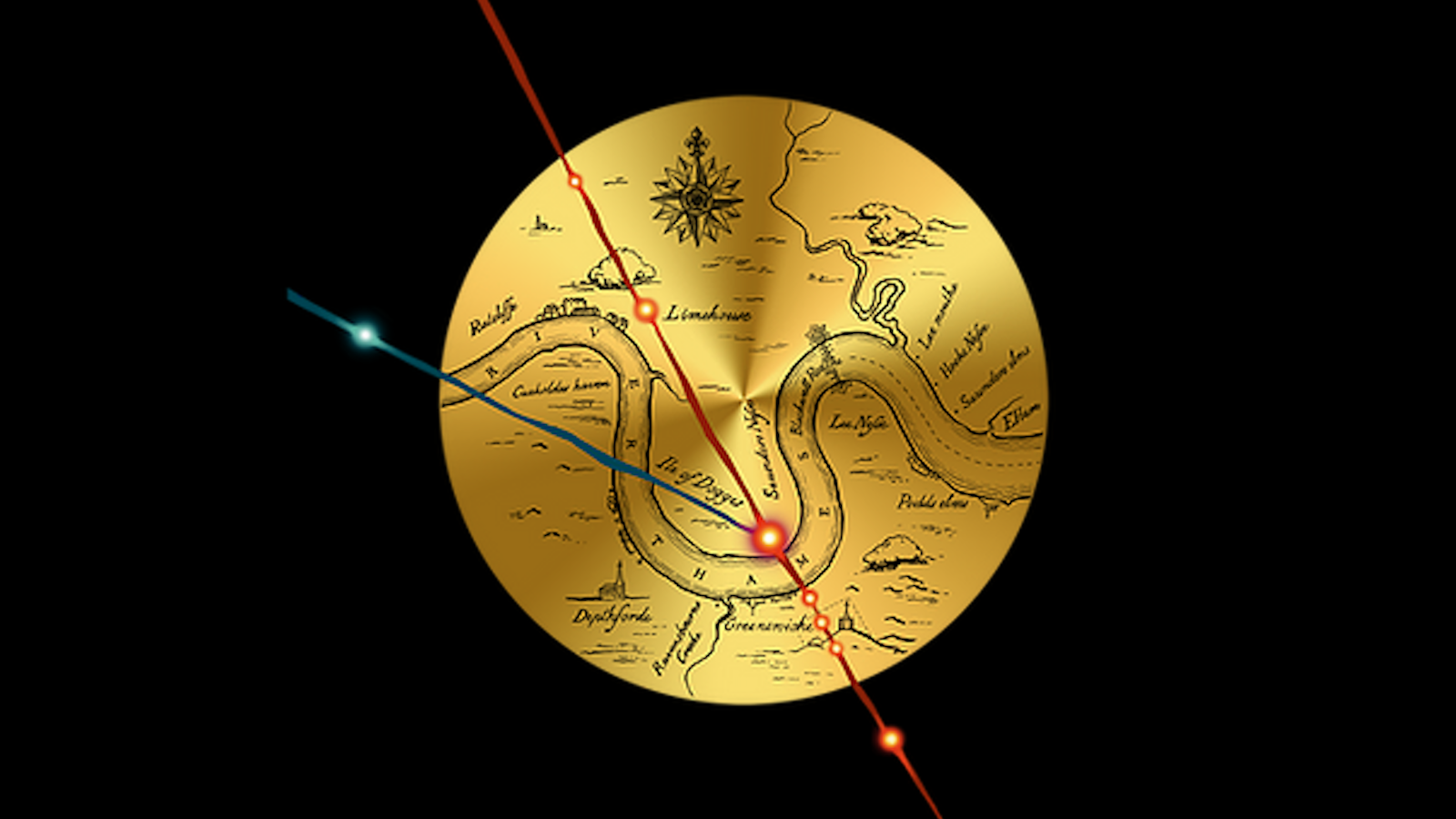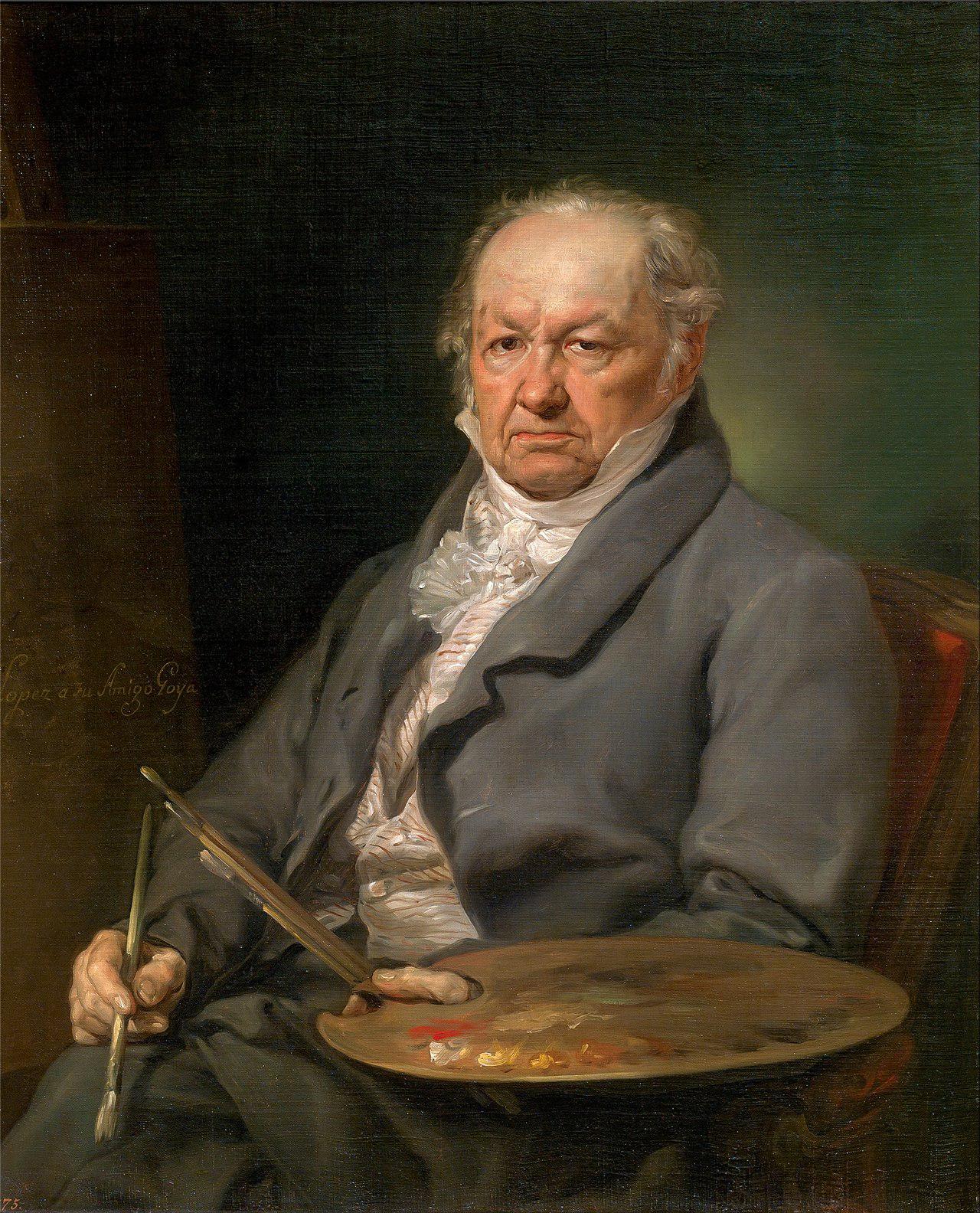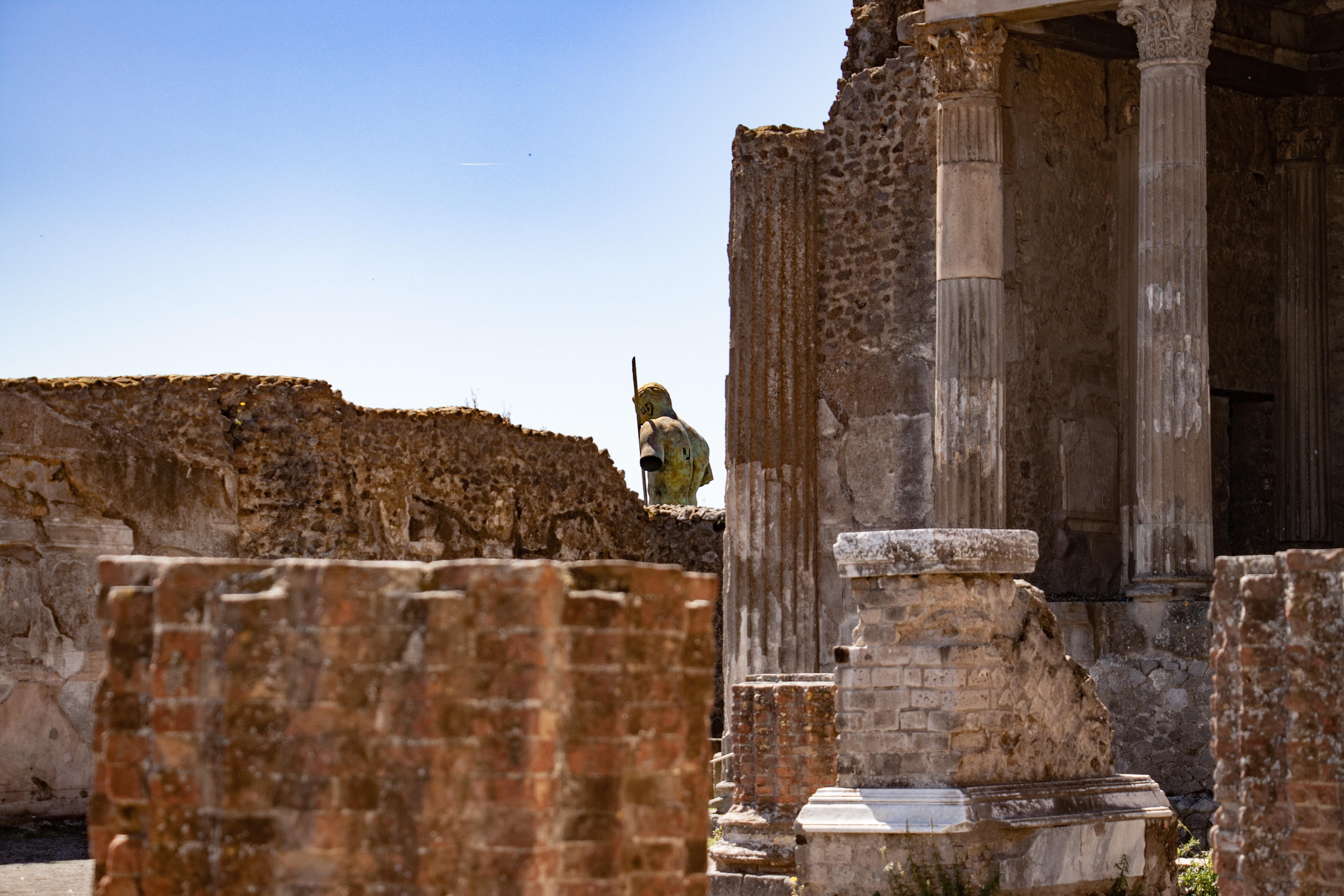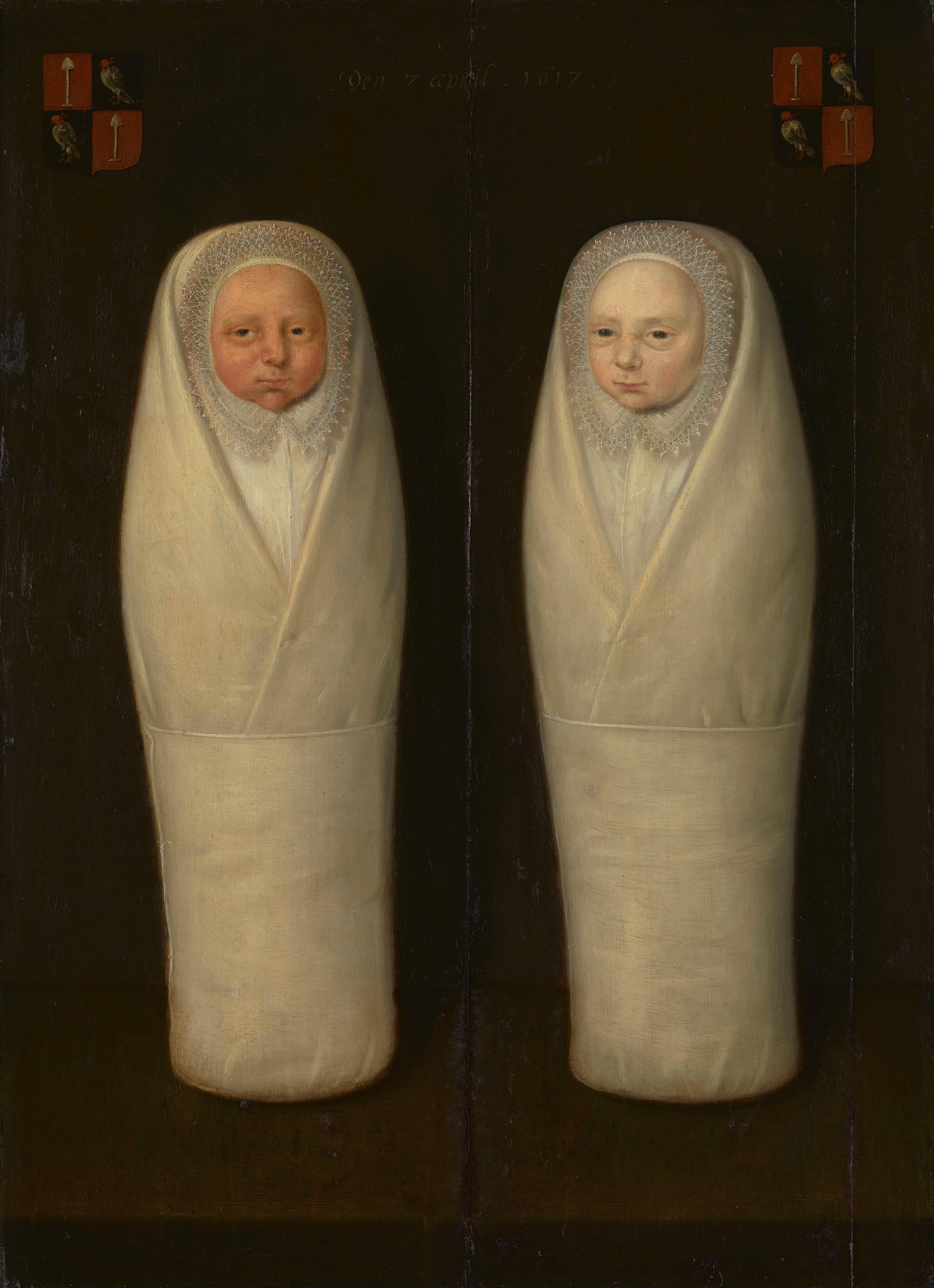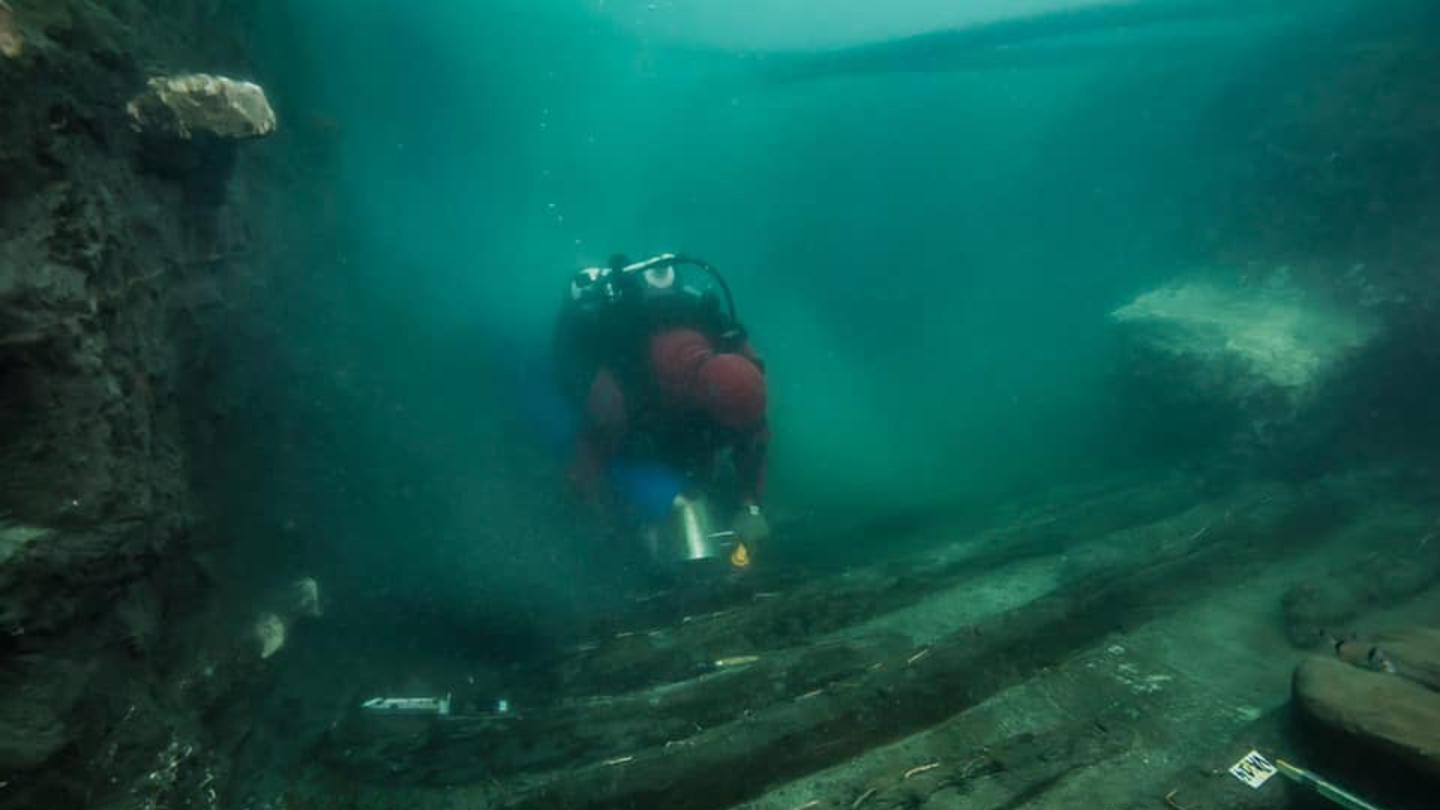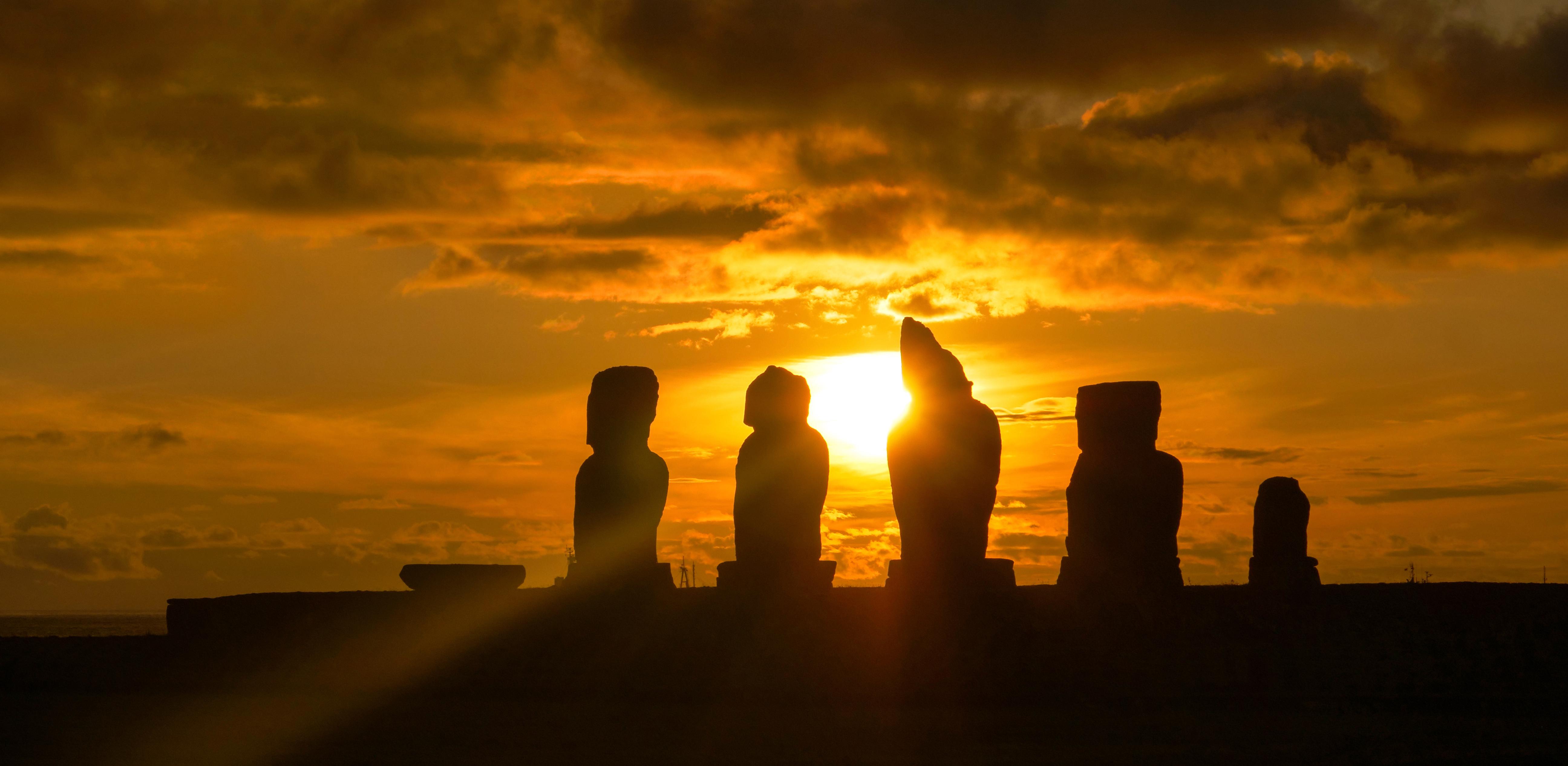history
Esoteric evidence points to a ritual performed by Queen Elizabeth’s court magician John Dee.
What we can learn from our complicated relationship with boredom.
A black swan event is rare but disruptive — and might be predictable.
Philosophers and scientists spent millennia arguing about the nature of light. It turned out to be stranger than anyone imagined.
Paradoxically, we lose wars because the world is peaceful and the U.S. is powerful.
Francisco José de Goya y Lucientes is often labeled a quintessential Spanish artist, but his allegiance may well have lied with the French Enlightenment instead.
Searching for happiness in the midst of personal or societal crises are nothing new.
Birthrates are cyclical and have gone up and down throughout history.
Instead of just Afghanistan, the U.S. military ought to withdraw from the entire Middle East and much of the rest of the world.
Does history have a grand narrative, or is it just a random walk to no place in particular? And is the world as we know it about to change?
Our chart shows new additions since 1984 that have stuck around.
Scientists look to erupted sea glass — lava that erupted in the ocean and was instantly chilled by the surrounding water — to take Earth’s temperature.
How the British obsession with tea triggered wars, led to bizarre espionage, and changed the world — many times.
Before it fueled Woodstock and the Summer of Love, LSD was brought to America to make spying easier.
The brain of an ancient bird offers clues to the survival of its modern-day relatives.
Scientists discover surviving viruses in 15,000-year-old glacier ice on the Tibetan Plateau in China.
In ancient Greece, the Olympics were never solely about the athletes themselves.
For the ancients, hospitality was an inviolable law enforced by gods and priests and anyone else with the power to make you pay dearly for mistreating a stranger.
The few seconds of nuclear explosion opening shots in Godzilla alone required more than 6.5 times the entire budget of the monster movie they ended up in.
Opponents of 19th-century American imperialism were not above body-shaming the personification of the U.S. government.
Long before Alexandria became the center of Egyptian trade, there was Thônis-Heracleion. But then it sank.
From “mutilated males” to “wandering wombs,” dodgy science affects how we view the female body still today.
Smallpox was nothing new in 1721.
For decades, researchers have proposed that climate change and human-caused environmental destruction led to demographic collapse on Easter Island. That’s probably false, according to new research.
The ancient Greeks were obsessed with geometry, which may have formed the basis of their philosophical cosmology.
A Nazi institute produced a Bible without the Old Testament that portrayed Jesus as an Aryan hero fighting Jewish people.
The skeleton of the world’s oldest known shark attack victim exhibits telltale wounds.
Can a war be won from the air? A group of renegade pilots in the 1930s thought so.
In 1933, the skull of a 50-year-old male of the Homo longi species was found in China, puzzling researchers.
When the mutual relatives of two royal families died, the countries were likelier to go to war.
